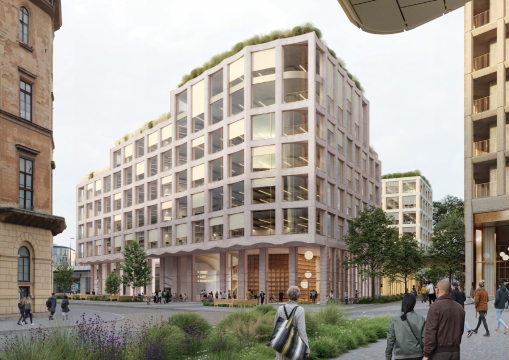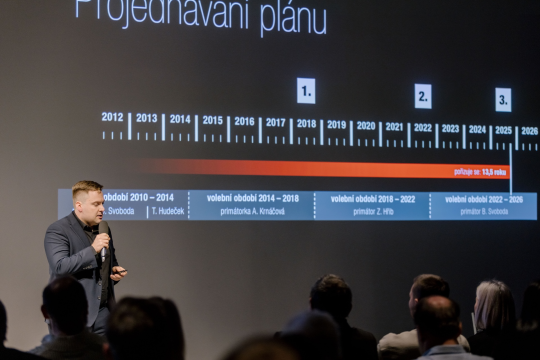Prague is aging. The stock of affordable housing has to be increased
Although Prague is exceptional in its degree of social cohesion, with no socially excluded locations, we are currently witnessing a number of disturbing trends. The population of Prague is expected to rise, along with the average age of its residents, while the public housing stock is decreasing. For this reason, experts from the Prague Institute of Planning and Development (IPR Prague) have proposed ways to deal with the impending shortage of affordable housing in the new Strategic Plan for the Capital City of Prague.

The Prague housing policy concept has been in place for 11 years and over time has become more of a formal document, with a number of aspects more of less ignored. “Since 2007 the capital city has built on average fewer than 100 new public housing units a year, although the Concept states that at least 500 must be added each year to cover the social needs of seniors and other specific population groups. Demographic projections show that within 35 years, an additional 270 thousand people will be living in Prague and more than one-fifth of these will be over the age of 65,” warns IPR Director, Petr Hlaváček.
The availability of housing in Prague is also hampered by inflated purchase prices and high rents. For example, a tenant will now have to pay around CZK 18,000 a month for a 75 m2 flat and if an average family wants to buy its own flat, it will have to pay the equivalent of nearly 11 years earnings.
What can be done? Prague is proposing new measures
The Strategic Plan for the Capital City of Prague will respond to this unfortunate situation by proposing measures to increase the city’s ability to provide socially and generationally vulnerable residents with affordable housing.
According to the draft Strategic Plan, Prague should participate more actively in drafting a social housing law. It also plans more specific measures – it will carry out an audit in collaboration with all the city districts to first obtain an overview of the number, location and disposition of all the housing units it has available to offer to residents. A central city company will subsequently be established to administer this public housing in an efficient and transparent manner.
You might also be interested in

DEVADE: Prague's Architecture Amidst Austerity and Disco. A new book and exhibition at CAMP map Prague of the 1990s.

New Florenc to Be Designed by 15 European Studios: Prague Announces Winners of International Architectural Competitions.

